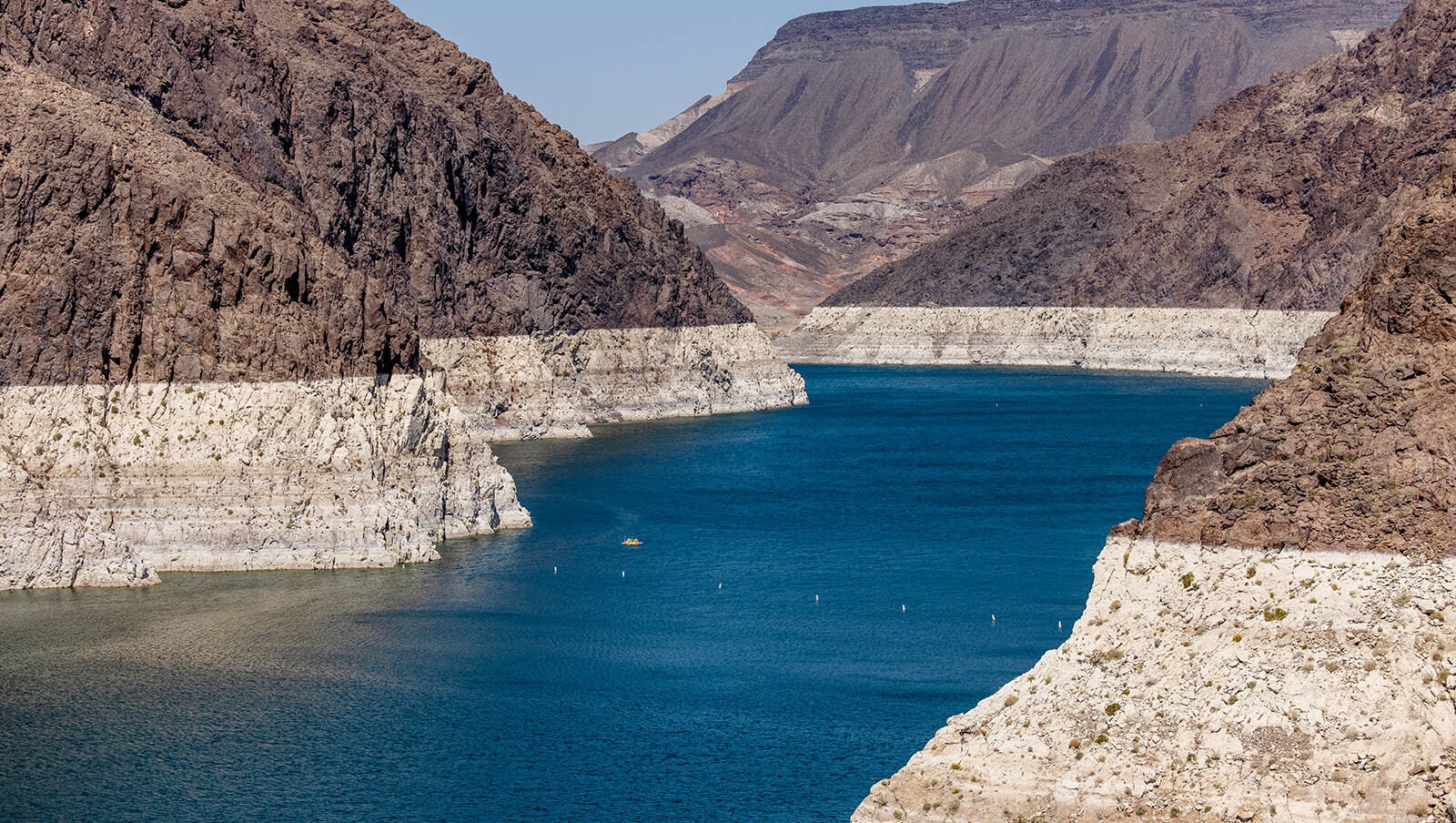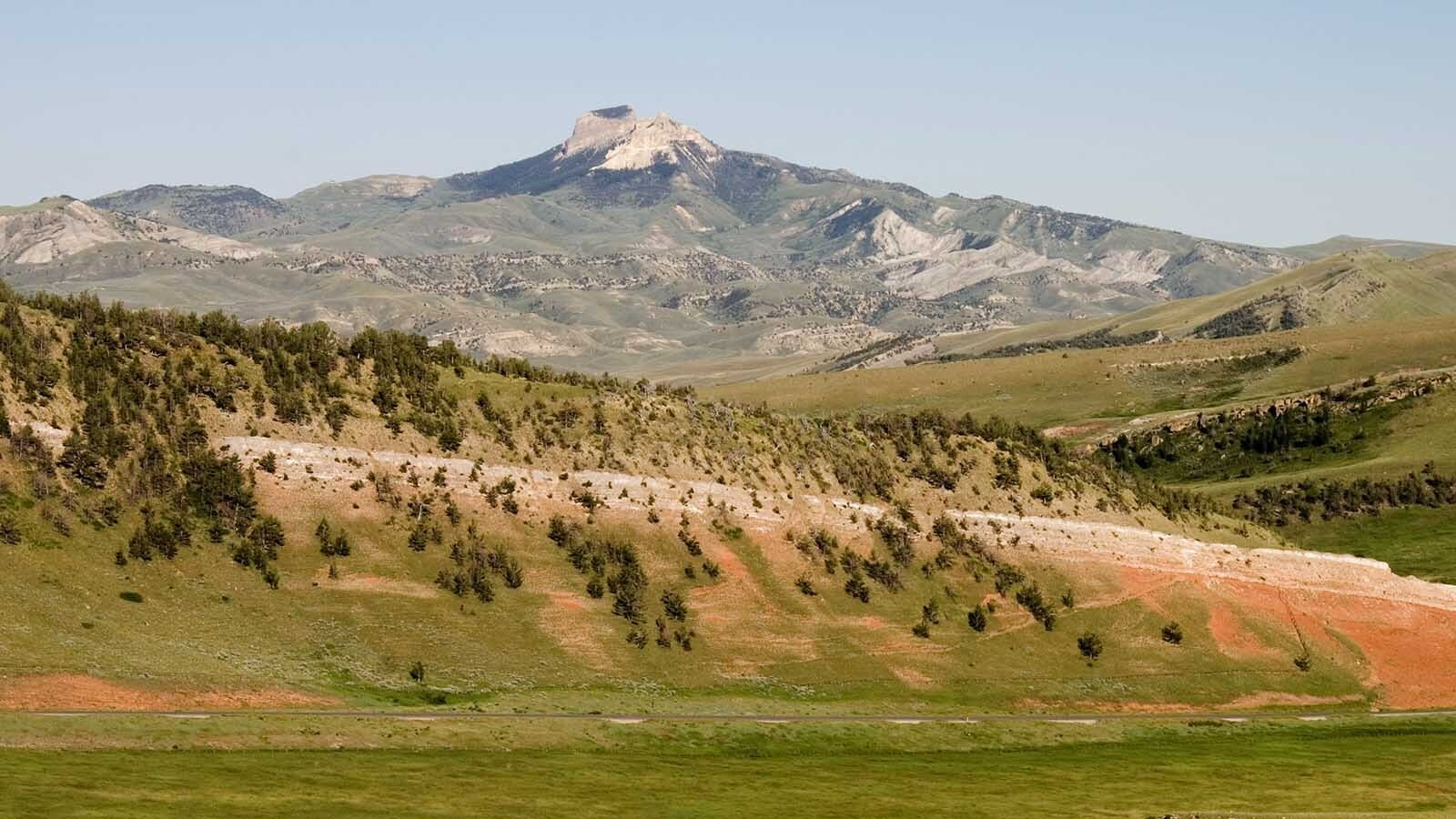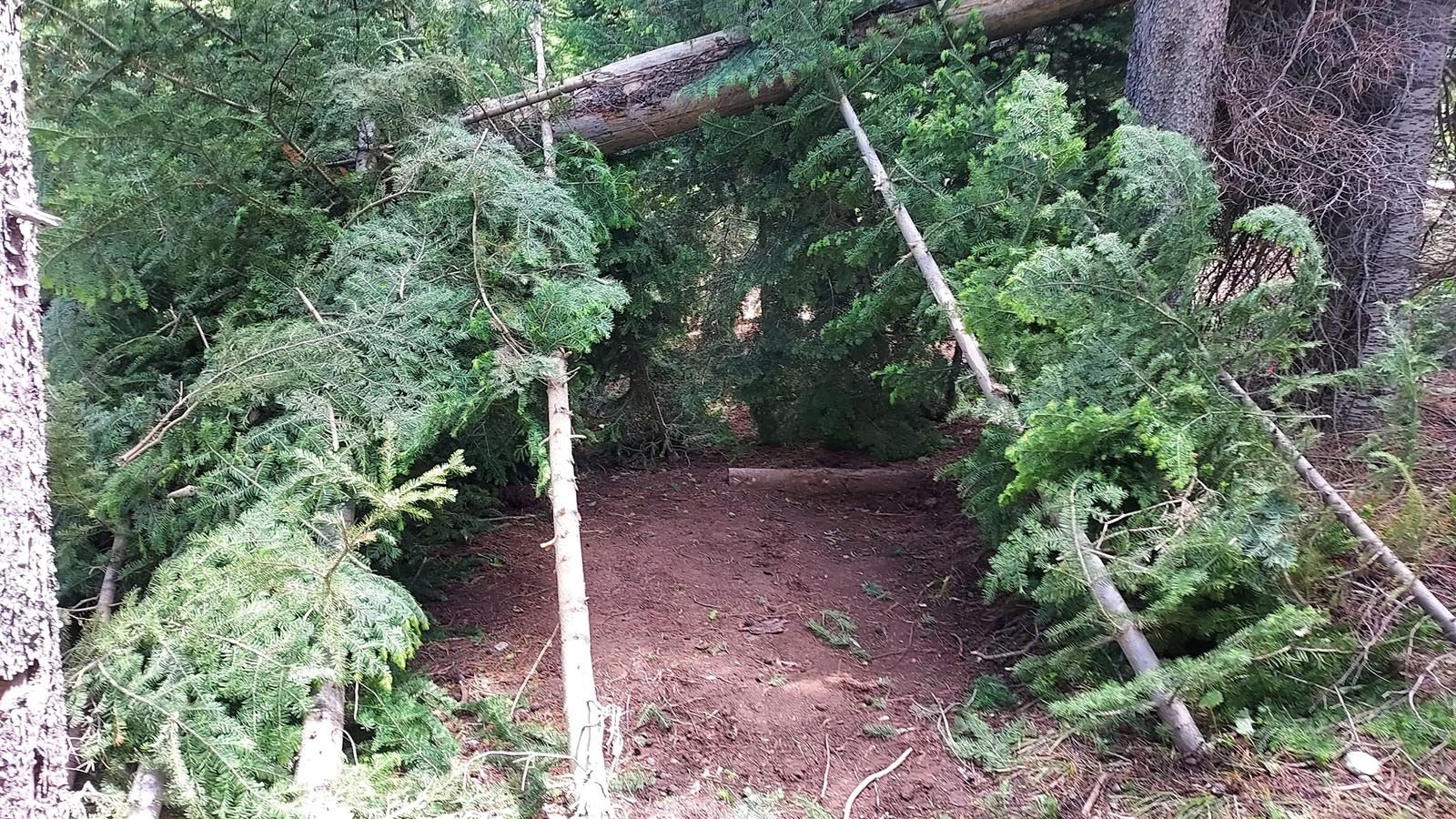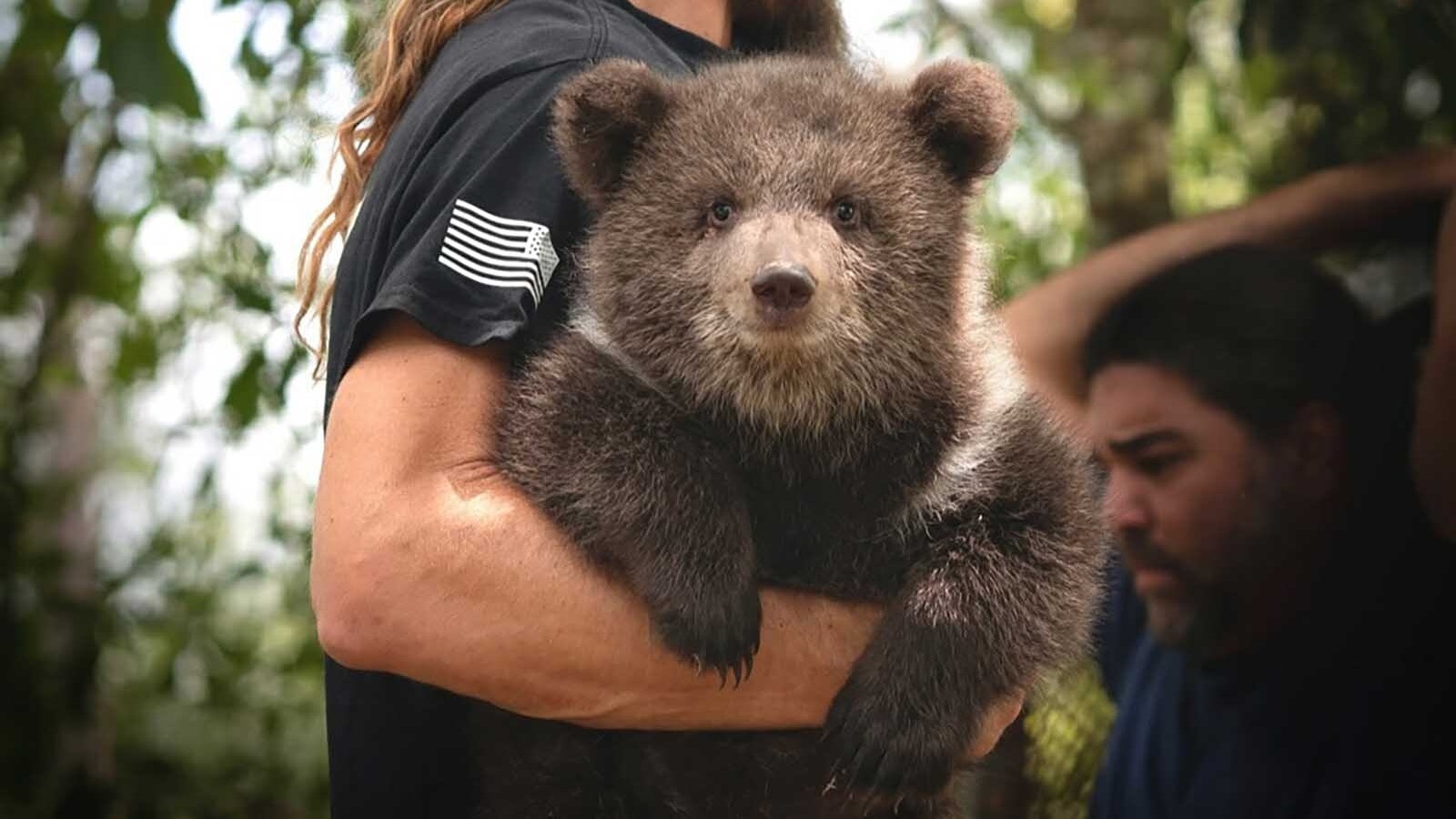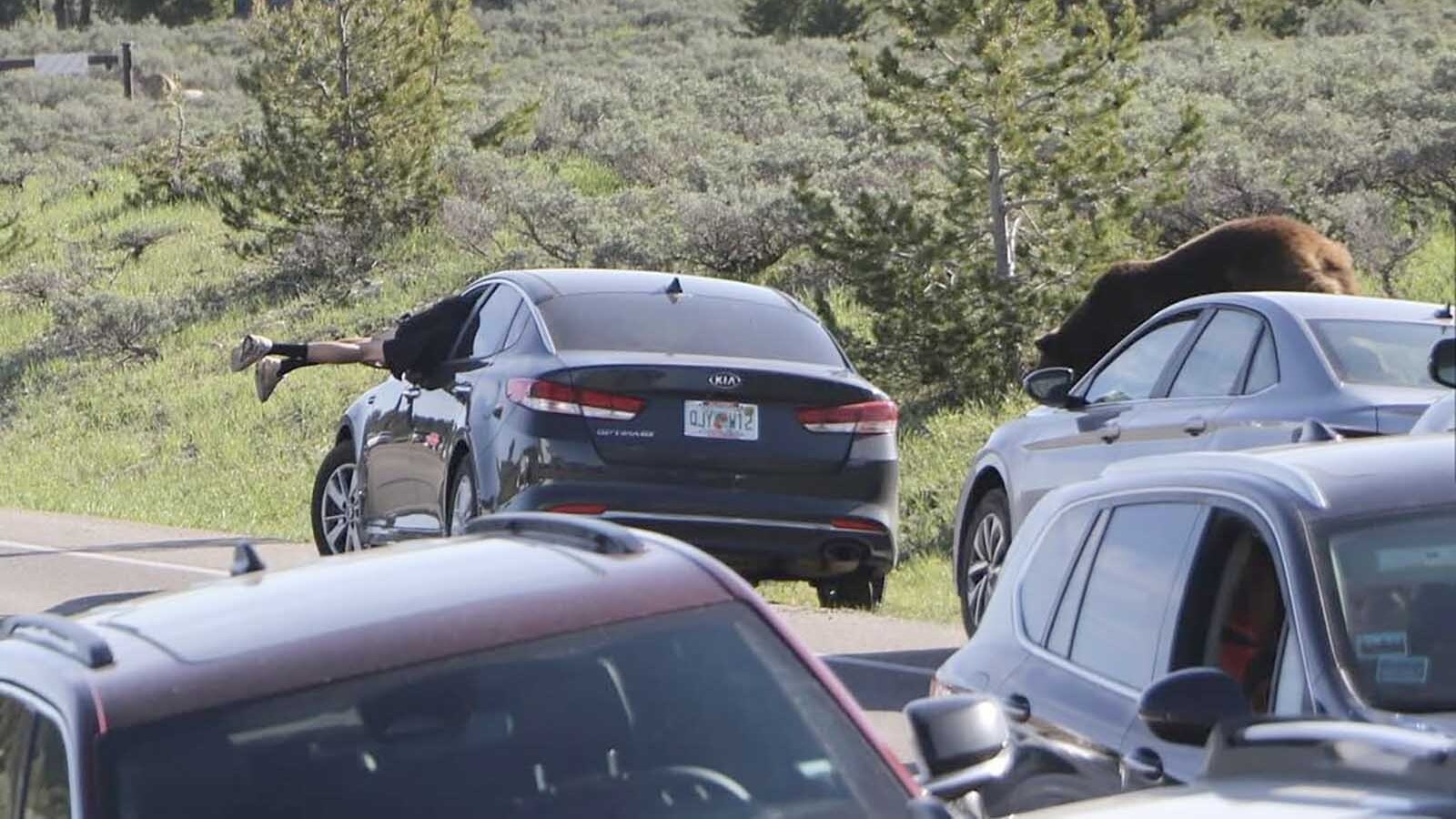A deal struck between California, Arizona and Nevada to cut their use of Colorado River water is good news — for now, a Wyoming law professor said.
However, there’s likely to be much more policy wrangling regarding longer-term solutions to the river crisis reaching beyond 2026, said Jason Robison, a University of Wyoming law professor and an expert on the 1922 Colorado River Compact.
Meanwhile, a letter from all seven Colorado River states to federal officials broadly praise the deal, even though Wyoming and the other Upper Basin states stopped short of fully endorsing it.
The letter was sent to the headquarters of the Bureau of Reclamation, which is responsible for dams, reservoirs and other infrastructure along the Colorado River. It was signed by representatives from each of the states: Wyoming, Arizona, California, New Mexico, Colorado, Nevada and Utah.
Wyoming State Engineer Brandon Gebhart signed on behalf of Gov. Mark Gordon. A request for comment from Gebhart wasn’t answered Tuesday.
Trimming Use By 3 Million Acre Feet
Arizona, California and Nevada this week announced that they’d struck a deal to trim their use of water from the Colorado River by 3 million acre feet by 2026, and at least half of that by next year. An acre foot is the amount of water that would flood an acre of land to the depth of a foot.
The deal came amid growing pressure on those states from the Bureau of Reclamation, which is finalizing its own supplemental environmental impact statement (EIS) for Lake Mead and Lake Powell that will determine policy through 2026.
Beyond 2026, the fate of the Colorado River remains uncertain, Robison told Cowboy State Daily.
“Immediate reaction: It's good to see the basin states arrive at a consensus position for short-term reservoir operations at Powell and Mead,” he said in an email.
“Bigger picture: It will be interesting to see how, if at all, this development affects negotiations during the next few years over the post-2026 management framework,” he added.
Perhaps further complicating matters is a case involving water rights claims for the Navajo Nation in Arizona is still pending before the U.S. Supreme Court.
No Endorsement For Deal From Wyoming, Other Upper States
The letter to the Bureau of Reclamation says that the Upper Basin states were waiting for the results of the agency’s environmental impact statement before fully endorsing the deal struck between the lower basin states. The Upper Basin states include Wyoming, Colorado, New Mexico and Utah. Arizona, California and Nevada are the Lower Basin states.
“The comment period for the Bureau of Reclamation’s (Reclamation) Near-Term Colorado River Operations Draft Supplemental Environmental Impact Statement (Draft SEIS) expires soon, and all seven states acknowledge that there is insufficient time before that expiration for the Upper Division States to thoroughly review the Lower Basin Plan,” the letter states. “Accordingly, nothing in this letter should be construed as an Upper Basin endorsement of the Lower Basin Plan.”
The letter also acknowledges that heavy snowpack and runoff this year won’t solve the Colorado River crisis, and urges the Bureau of Rec to update its 2007 guidelines for dealing with water shortages in the Lower Basin.
“Finally, the Seven States recognize that having one good winter does not solve the systemic challenges facing the Colorado River,” the letter states.
Robison previously told Cowboy State Daily that he shares that view, saying he anticipates this year’s snowpack and runoff will have no effect on legal and political negotiations regarding the river’s future.
Mark Heinz can be reached at Mark@CowboyStateDaily.com

